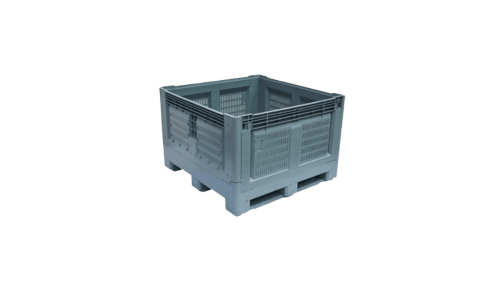An effective supply chain relies on the seamless interconnection of many different aspects, including quality control, process improvement and open communication flows. As such, one of the biggest challenges for supply chain managers is coordinating all influencing factors to ultimately distribute a product successfully.
A key contributor to a good supply chain is the strength of relationships with the people involved with both upstream and downstream processes. Let’s consider why supplier relationships in particular are important, and how you can manage them effectively.


Why are supplier relationships important?
Building and maintaining a two-way dialogue between your operations and main suppliers is the very first step to a successful, enduring partnership. The benefits of these ties lie within the fact that they can improve consistency, reliability and trust on both sides, which puts you in a better buyer position.
Moreover, John Henke, president and chief executive officer at Planning Perspectives, explained that research conducted over the last 13 years has proven a correlation between strong supplier relationships and greater profits.
“It doesn’t matter what business you’re in, if you want to maximise the opportunity to make a profit it is absolutely important that you develop the best possible relationships you can with your suppliers because they do unquestionably impact your firm’s profitability,” he said.
So, putting time into supplier relationships can help improve the entire value chain if done correctly.
How can you manage them effectively?
Discuss potential issues and challenges to work towards a shared goal.
As with most other relationships, managing the connection between your organisation and its suppliers relies on transparency and commitment.
Inbound Logistics suggests that getting to know each other’s objectives is a key factor for a mutually beneficial connection. Prioritise setting aside time to get to know each other, and talk about potential issues and challenges to work towards a shared goal.
To do this, you must be willing to communicate openly with your supplier and share your knowledge, emphasising collaboration along the way. Another key factor you need to consider for this is that face to face meetings are still one of the best ways to cement a relationship – so set time aside regularly to reconnect and strategise with your supplier partners.
At Eco Pallets, our philosophy is that, regardless of the industry you operate in, a good supplier relationship is an essential part of solid business foundations. This is why we are committed to building trusting and reliable relationships with our clients and suppliers alike, allowing us to not only provide the highest quality plastic pallets, but do so consistently.
For more information about us and how we can help your business, reach out to us today.









